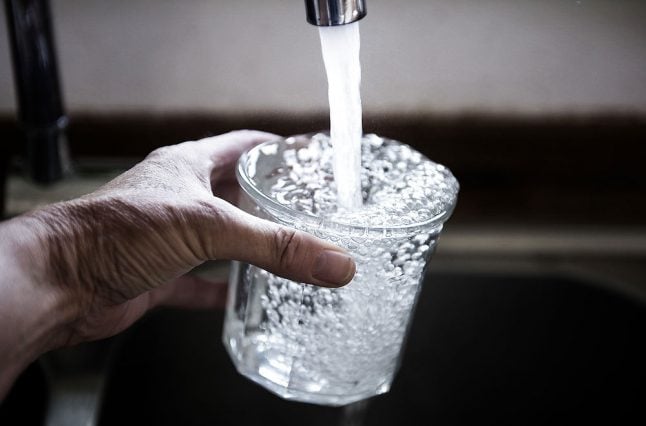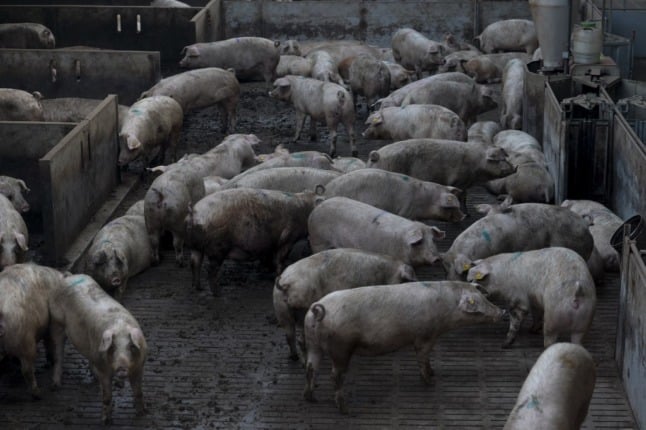All municipalities in the country must test drinking water for the pesticide chlorothalonil amidosulfonic acid, which has previously been used in agriculture and to make paint.
The pesticide, which may be a health hazard, has been discovered in two drinking water wells, Minister for the Environment and Food Jakob Ellemann-Jensen confirmed to broadcaster DR.
“I am asking municipalities to test for this, because I want to be sure that it is not in our drinking water. We are taking this very seriously, because it may be harmful to our genetic material,” the minister said.
Whether the contaminated water has actually made it into tap water consumed by the public is currently uncertain.
The chemical was used in the production of wheat, potatoes, peas and onions in Denmark between 1986 and 2000. It was banned by the EU in March this year.
It has also been used in surface treatments for wood and in base paints.
It has not previously been on a list of chemicals for which waterworks are obliged to test, but has now been included after an analysis by the Danish Environmental Protection Agency (Miljøstyrelsen) and the Geological Survey of Denmark and Greenland (GEUS). The two agencies evaluated the risk of all pesticides used in Denmark since 1956.
Tests for the presence of the chemical in tap water are expected to take around two months, while a producer of the pesticide is also testing in order to confirm whether or not it can damage genetic information in cells.
The results from those tests are expected in July or August, Ellemann-Jensen said in response to a question from parliament’s environmental and food committee.
READ ALSO: Danes hospitalised after drinking too much tap water



 Please whitelist us to continue reading.
Please whitelist us to continue reading.
Member comments